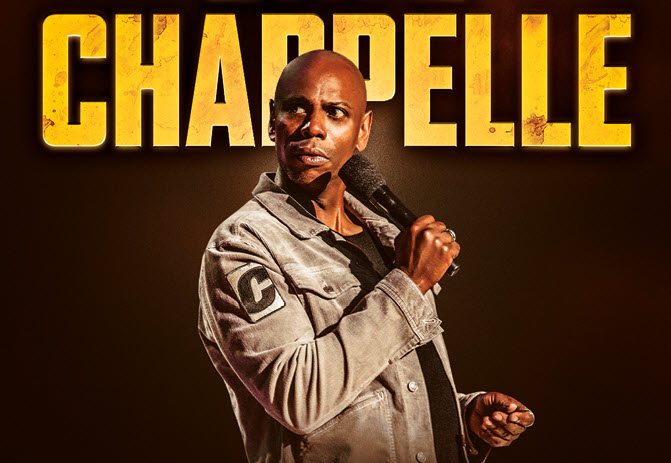An Agnostic & A Young College Girl
An Agnostic & A Young College Girl
Shortly after I started practicing law, I received a call from a local prolife protester by the name of Jerry Smith.
Jerry was a young guy in his 20’s who picketed on a regular basis outside of the local abortion clinic. Before long he started getting arrested for various offenses, such as criminal trespass to property and obstructing justice. On one occasion he walked into the clinic, sat down, and handcuffed his wrist to the chair he was sitting in. While he sat there waiting for the police to arrive, he did the best he could to try to convince the women in the waiting room to change their minds. In the process of arresting him, the police had to physically remove him and the chair from the waiting room.
When I met Jerry Smith, I had very little experience with jury trials. That quickly changed. We requested jury trials for all of his cases. Every time we walked into the courtroom to start a new trial, Jerry would remind me: “Just remember, if we win we win, and if we lose we win. When we do God’s work, we always come out as winners.”
We actually won a couple of his cases by really winning. The rest of them we won by losing.
At the time I was defending Jerry in criminal court, the local newspaper had two reporters who were assigned to the “courthouse beat.” They had a small office in the courthouse where they did their work. They called their office the “press room.” At any given time of the day, if I wanted to find one of the reporters, I could go to the press room and I would usually find at least one of them either talking on the phone or typing up a story.
Back then, there was an article in the paper almost every day reporting on the status or actual trial of a case. The reporters at the courthouse did their job the old fashioned way. They worked their beat by physically being where the action was, with their eyes and ears open, asking probing questions, and figuring out what was really going on behind the scenes.
Now, more than 25 years later, the only time a reporter steps foot in the courthouse is when there’s a “big trial,” such as a murder case. Unfortunately, most reporters now gather their information by using the telephone and Google, which means they never really know what’s really going on at the courthouse or anywhere else in the city.
I thought about those courthouse reporters when I read about the recent death of Robert Novak at the age of 78. Novak was one of the top columnists in Washington D.C., as well as a regular commentator on the CNN programs, Capital Gang and Crossfire. Novak had a reputation for always being able to get the scoop on what was going on in Washington D.C. He got the scoop by (1) doing the exact same thing the reporters at the courthouse did 25 years ago; and (2) developing relationships with hundreds of businessmen and politicians who trusted him, respected him, and routinely leaked highly confidential information to him.
I can’t remember when I first started reading Novak’s columns, but I read them for several years prior to his retirement (which was last year after he started receiving treatment for brain cancer). The great thing about Robert Novak was that he had the courage to tell the truth even though he knew he might lose a friendship or be subject to retaliation by the politicians he was exposing.
Novak was raised as a secular Jew and spent most of his life as an agnostic (i.e, someone who is not committed to believing in either the existence or the nonexistence of God). He converted to Catholicism when he was in his 60’s. In an article written in the Chicago Daily Observer by Thomas
Roeser, a colleague of Novak’s, Roseser had this to say about Novak’s conversion:
His conversion to Catholicism was surely as idealistic as have been other legendary conversions: G. K. Chesterton, John Henry Newman. I was stunned that in so short a time, Bob developed an insight into Catholic teaching that was almost unexampled among Catholics I knew. The conversion started with a thunderbolt quite out of the blue. He had developed a talk on politics to a university group and was shaking hands with people who gathered to congratulate him and ask him questions. One of those was a young college girl who said quite unanticipated: “Mr. Novak, have you ever thought of what is going to happen to you when you die? In essence, have you given any thought to your spiritual life?”
The question rocked Novak as none other had. No one had expressed that concern for him in quite that way – not even his wife Geraldine. It must have been like Saul at Damascus for him, so involved in political thinking that he was overwhelmed. So being Bob Novak, he went straight to a brilliant source – that of Fr. C. J. McCloskey, a priest of Opus Dei who ran the Catholic Information Center in Washington and who was responsible for a number of conversions of Bob’s friends including the economist Lawrence Kudlow (like Bob an unobservant Jew). McCloskey gave Bob the book “Triumph,” a history of the Church by Harry Crocker who has made no effort whatsoever to whitewash.
Bob’s reaction was typically Novak-ian. Any church that can survive the echelons of evil human beings who temporarily occupied positions of power in it must be divine. Then he read about the great saints—Thomas Aquinas, Augustine, Francis – and was convinced.
One of the things Mother Teresa always preached was: “You may be the only Jesus that the people you meet will ever come into contact with.”
So on that day when Bob Novak gave a speech to some college students, he ran into Jesus. The young college girl didn’t look like Jesus, but according to Mother Teresa, she was Jesus (at least at that moment when she asked the question).
What if the girl had decided not to ask the question (because she didn’t have the courage to do so or because she was concerned about how he would react)?
Remember those Spiritual Works of Mercy we talked about a few weeks ago? Well, the college girl took the obligation imposed upon her by our Lord and His Church seriously and actually put one of them into practice. There’s a very good chance that Bob Novak is now enjoying his eternal reward because one girl had the humility and courage to live and share her faith.
Are you living and sharing your faith the way the young college girl did on that day when she happened to stop by an auditorium to hear a man give a speech?



